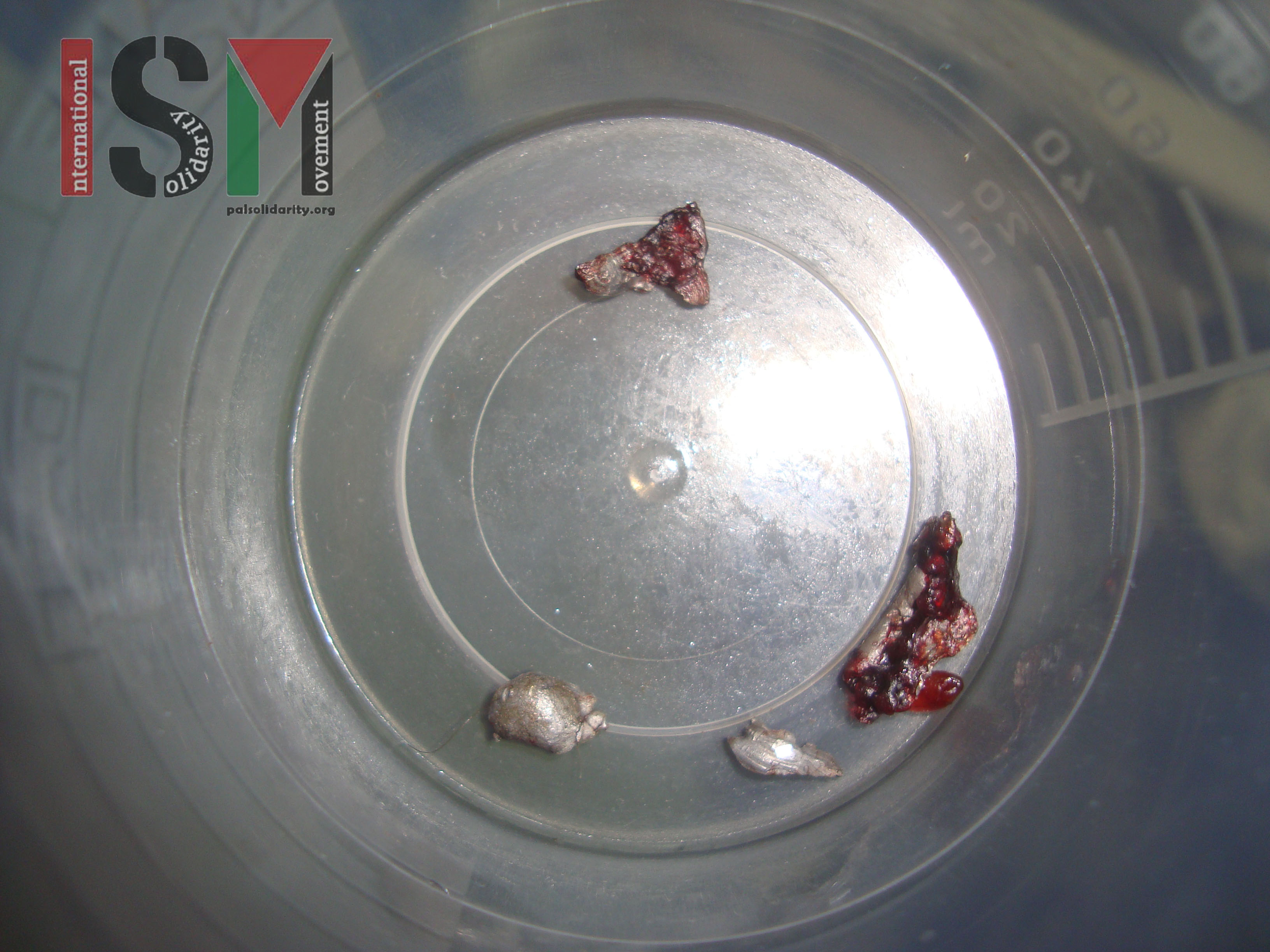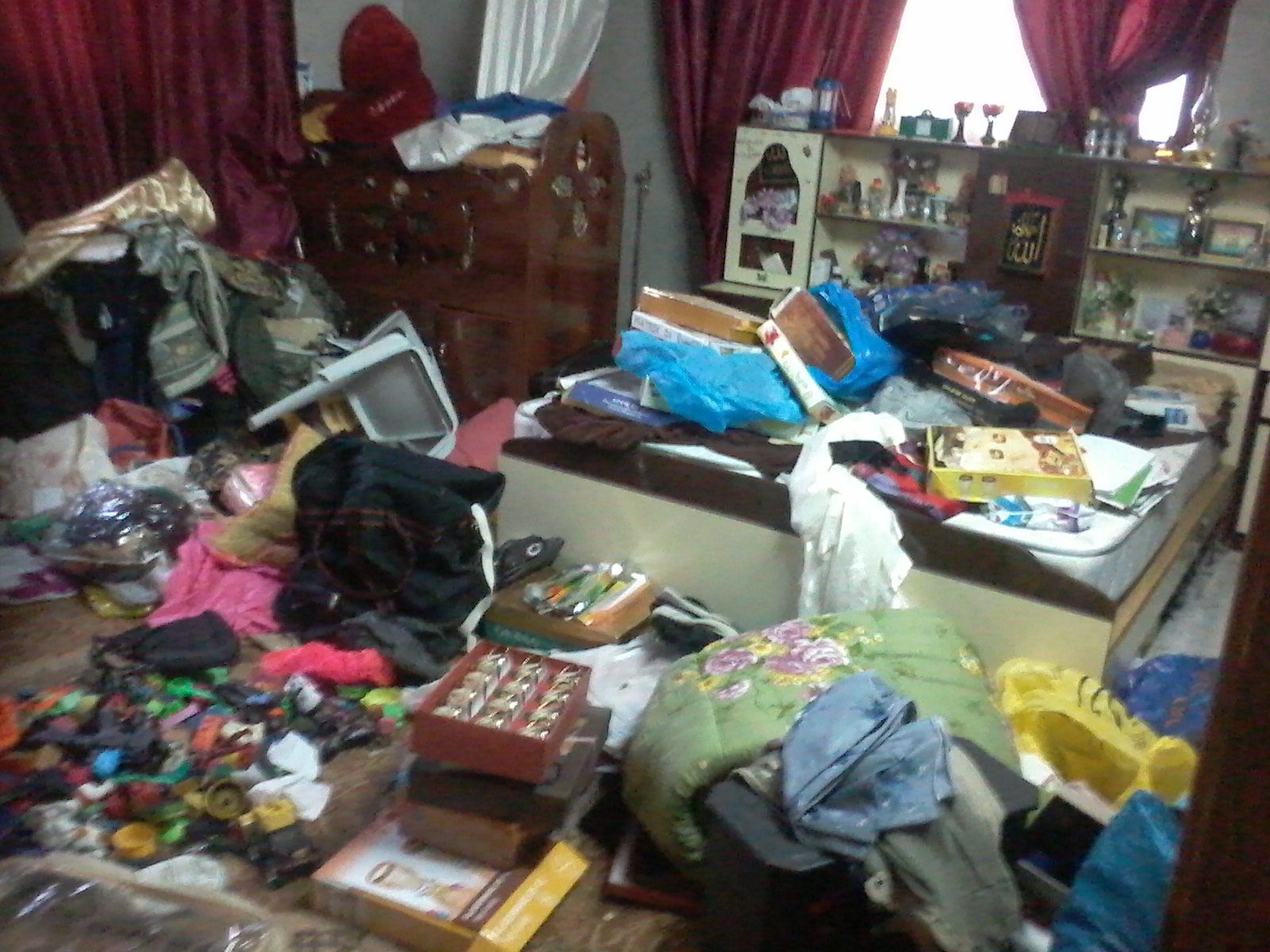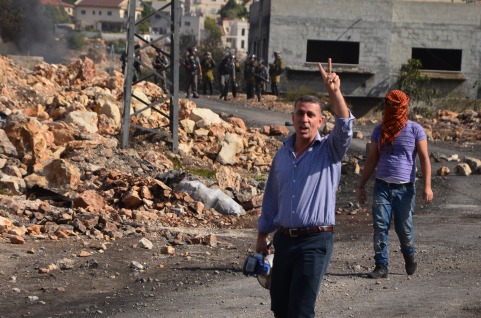Category: Nablus
-
Journalist most recent victim of Israeli military violence at Kufr Qaddum
9th December 2014 | International Solidarity Movement, Nablus team | Kufr Qaddum, Occupied Palestine Bashar, a journalist from Palestine TV, was shot in the left leg at Kufr Qaddum on Friday the 5th of December 2014. The weekly demonstration aims to highlight the issue of the road that has been closed to Kafr Qaddum and…
-
More young men and teenagers arrested by the Israeli military
9th December 2014 | International Solidarity Movement, Nablus team | Nablus, Occupied Palestine On December 8th in Nablus, the Israeli army broke into the homes of two families in Balata refugee camp and arrested two young Palestinians, 19-year-old Mujahed al Shekhalil and 17-year-old Yazan Hta. In both cases, their homes were raised by the military…
-
Israeli military court sentences Murad Eshtewi to 10 months in prison and a 10,000 NIS fine for participating in Kufr Qaddum protests
4th December 2014 | Popular Struggle Coordination Committee | Kafr Qaddum, Occupied Palestine Salem military court has sentenced activist Murad Eshtewi, from Kufr Qaddum village, to 9 and a half months of prison, with an additional 10,000 shekel fine. Israeli forces arrested Eshtewi on April 29th, 2014 in the middle of the night accusing him of participating…



